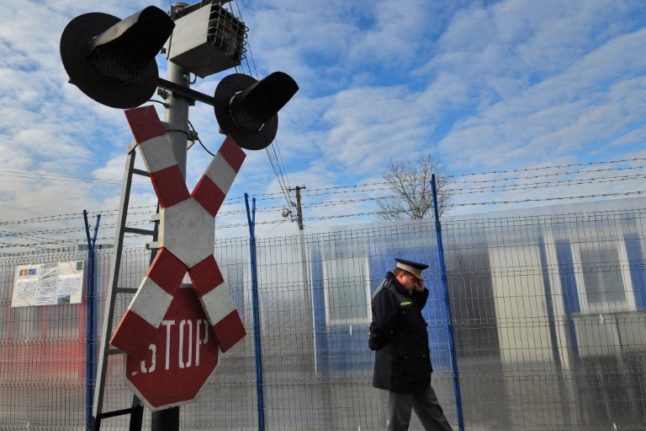The study by Germany’s Bertelsmann Stiftung (foundation) looked at the economic impact of the EU’s common market on real incomes in 250 European regions in 2016.
It found that the Single Market lifts the income of European citizens by an average of €840 (958 Swiss francs).
The study also found that people in Switzerland profited most from the Single Market, with per capita income gains of €2,914 (3,320 Swiss francs) a year. This was just ahead of Luxemburg (€2,814) and some way ahead of third-placed Ireland (€1,894).
Read also: This is how much people in Switzerland earn
By contrast, those income gains were just €763 in Italy, €589 in Spain and €401 in Greece.
Broken down into regions, the story is even better for Switzerland. Of the top 10 regions in terms of the impact of the Single Market on incomes, seven are Swiss.
In Zurich, which comes top in the regional rankings, the boost to earnings is €3,592 – thanks to the city's status as a financial hub. In north-western Switzerland the figure is also a very high €3,092 and in the Lake Geneva region it is €2,829.
The study also shows that the Swiss economy as a whole is 3.4 percent more productive thanks to the EU Common market. Again, that is one of the highest rates in Europe – only Luxemburg does better with a productivity boost of 3.7 percent.
Fraught relations between Bern and Brussels
The Bertelsmann Stiftung study comes at a time when Switzerland and the EU are engaged in a long-running battle over the future of bilateral relations.
Read also: What you need to know about the new draft Swiss–EU deal
A draft deal on future relations is currently on the table. Brussels says this deal is non-negotiable but the Swiss government, which backs the deal in principle, has been dragging its heels on signing off on the document because of internal divisions over issues including whether Switzerland’s battery of wage protection measures will be affected.
Conservative forces within Switzerland also dispute resolution measures outlined in the deal constitute an attack on Swiss sovereignty.
In such a context, this new study from the Bertelsmann Stiftung should be music to the ears of those who support the proposed deal on bilateral relations with the EU.
General trends in Europe
The study identifies two main European trends in terms of the benefits of the common market.
The first is that the “biggest winners are small countries that trade a lot and have competitive economies”, as study co-author Dominic Ponattu puts it.
The second is that there is a serious gap between nations at the core of Europe and those countries in southern and eastern Europe.
To fight these inequalities, the study authors recommend boosting exports in services and making targeted investments in the digital infrastructure and innovation capacity of countries that are currently lagging behind.



 Please whitelist us to continue reading.
Please whitelist us to continue reading.
Member comments